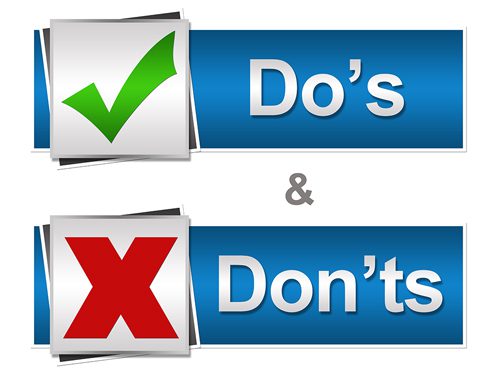
When you are faced with addiction, it’s normal to feel out of control.
Addiction robs people of choice, and its impact extends far beyond the person with the addiction. Watching a loved one lose herself in drugs or alcohol can make friends and family feel powerless to help. There is certainly a long journey ahead, but your desire to support your loved one in recovery is one of the most powerful resources she has.
Even if you don’t always know what to say or do for your loved one, your participation as she practices recovery makes a tremendous impact on the process. Research has shown that compassion plays a vital role in addiction treatment. Compassion has the potential to change how our brains operate and even how our genes are expressed! Compassion is also incredibly effective at rooting out shame, one of the main causes of addiction and impediments to recovery.
These findings overturn the old “tough love” and “action stopping” myths and give friends and families many more options when it comes to participating in recovery. You are not expected to be an addiction professional, but there are some tried and true guidelines you can follow to make the best possible impact.
Many of these tips are drawn from information by the National Council on Alcohol and Drug Dependence (NCADD). This article will focus specifically on addressing addiction before rehabilitation as the first part of a series on the contributions you can make at each stage of addiction and recovery.
Addressing Addiction
DO
- Learn more about addiction. There is plenty of information out there that can help you understand what your loved one is going through. You will find great information through family support groups like Al Anon and Nar Anon, and, of course, on the Waypoint Recovery Center blog.
- Express your care. Addiction can lead to or even arise from low self-esteem. Someone struggling with addiction may truly believe that he is useless or unloved. Think about how hard it would be to seek recovery if you did not feel capable or worthy of a different life. Every time you can show your loved one that you care for and value her, you are making the voice of addiction a little quieter.
- Set boundaries. There are limits to what you can do, are willing to do, and ought to do for your loved one. Know these limits and be open about them. Remember these boundaries come out of love and are merely statements of what you can and cannot handle, not ultimatums. Defining your role is an important element to keeping yourself balanced, and it does not in any way diminish your love and care.
DON’T
- Ignore the problem. One of the worst things you can do is to make addiction a forbidden topic of conversation. Your loved one may be trying to hide her addiction, so creating an air of secrecy around it will only make things worse. Addiction thrives in silence. You don’t have to be her therapist (nor should you be), but you can make yourself a safe person to talk to in times of hardship.
- Shame her. Just as compassion helps to stifle the inner voice of addiction, shame fuels those same negative voices. When you are angry about the behaviors that come along with addiction, it can be easy to fall into preaching, lecturing, threatening, bribing, or moralizing. Sometimes it seems like shame is the only way to break through to your loved one, but ultimately, shame only makes people more adamant in rejecting recovery. It is far better to encourage her to take charge of her own recovery and to keep your role to caring.
- Do for her what she could do for herself. Paying bills or taking care of everyday tasks for your loved one is actually enabling behavior and can feed into the addiction. What you mean to be a form of care might be perceived by her as a lack of faith in her abilities. Although she may seem grateful for the assistance in the short term, enabling behavior can lead to a greater sense of personal shame and can therefore contribute to the addiction in the long term. Your belief that she has the ability to cope on her own is a much better gift to her recovery.
Even with all of this information and the best of intentions, there are sure to be situations that you do not feel equipped to handle on your own. So, DO remember that you are entitled to a comfort zone. If you feel that something goes beyond that comfort zone, consider enlisting the help of an individual therapist, a family therapist, or an interventionist. You are not alone in this struggle, and with your help, your loved one will realize that they are not alone either.

Sources:
psychologytoday.com/blog/the-compassion-chronicles/201610/how-compassion-can-help-you-support-addicted-loved-one




